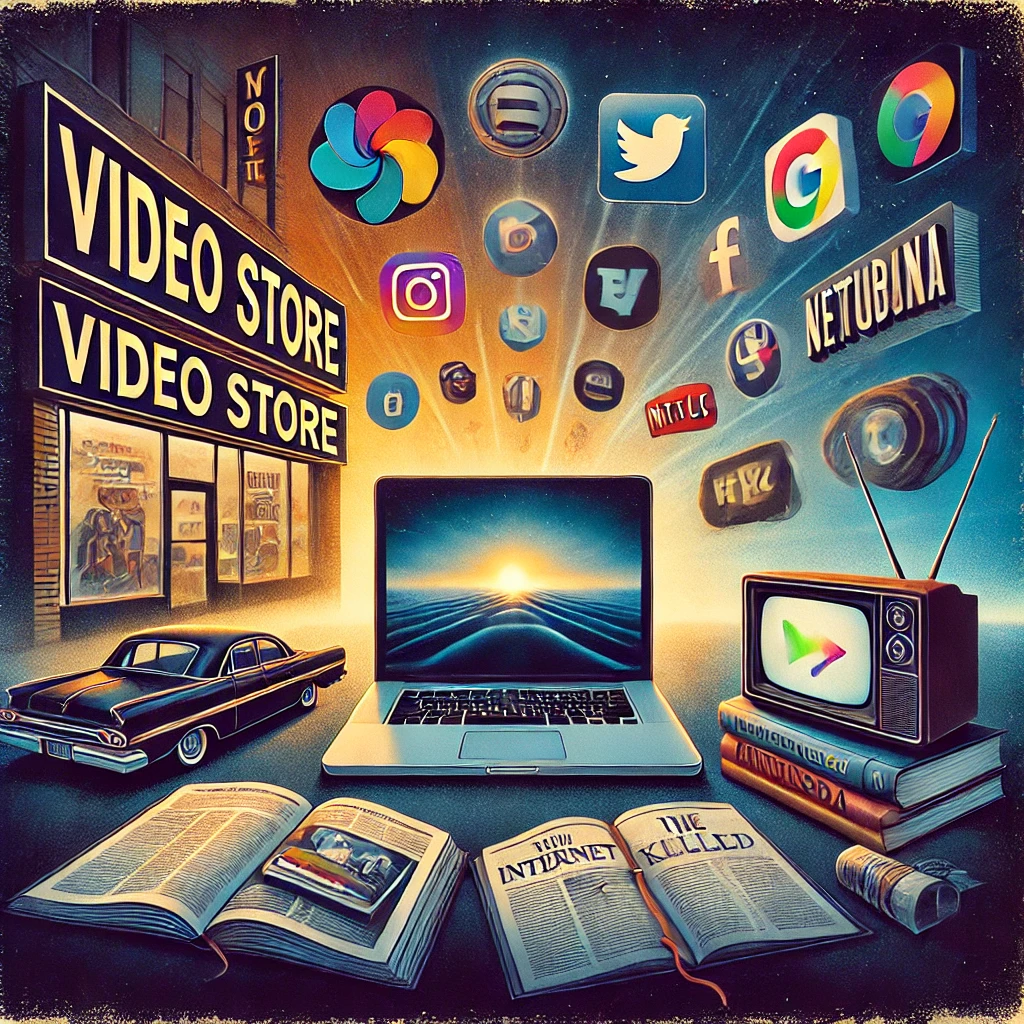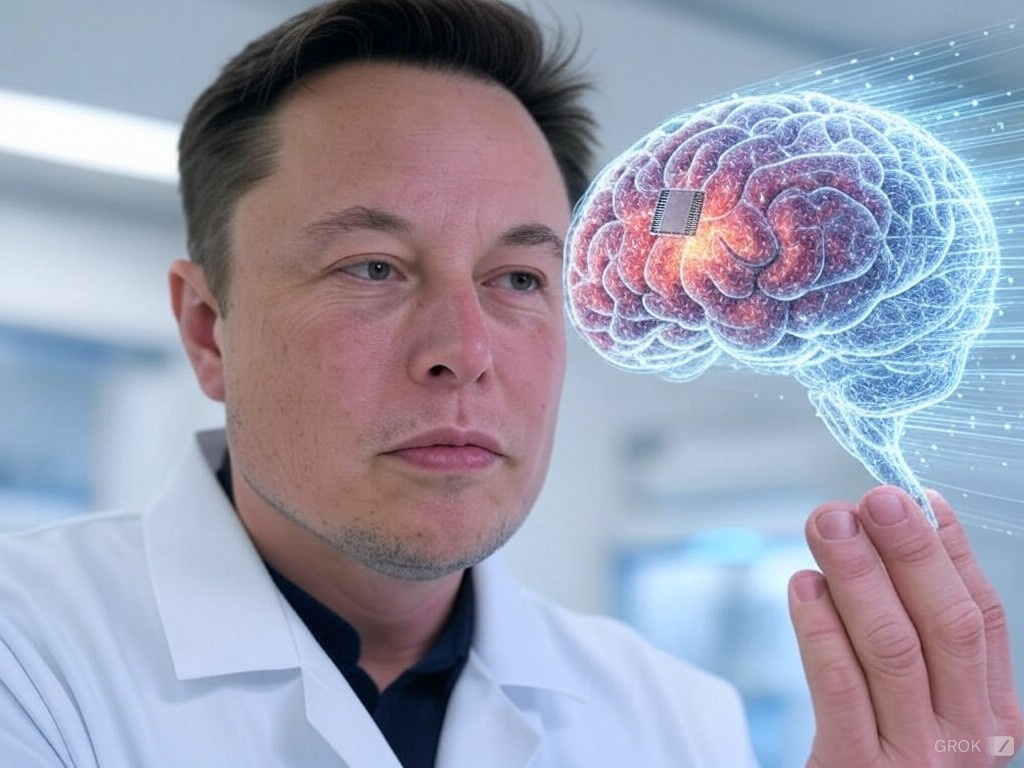The internet has reshaped our lives in countless ways, adding conveniences but also erasing parts of daily life that many remember fondly. Here’s a nostalgic look at ten things the internet has largely made obsolete.
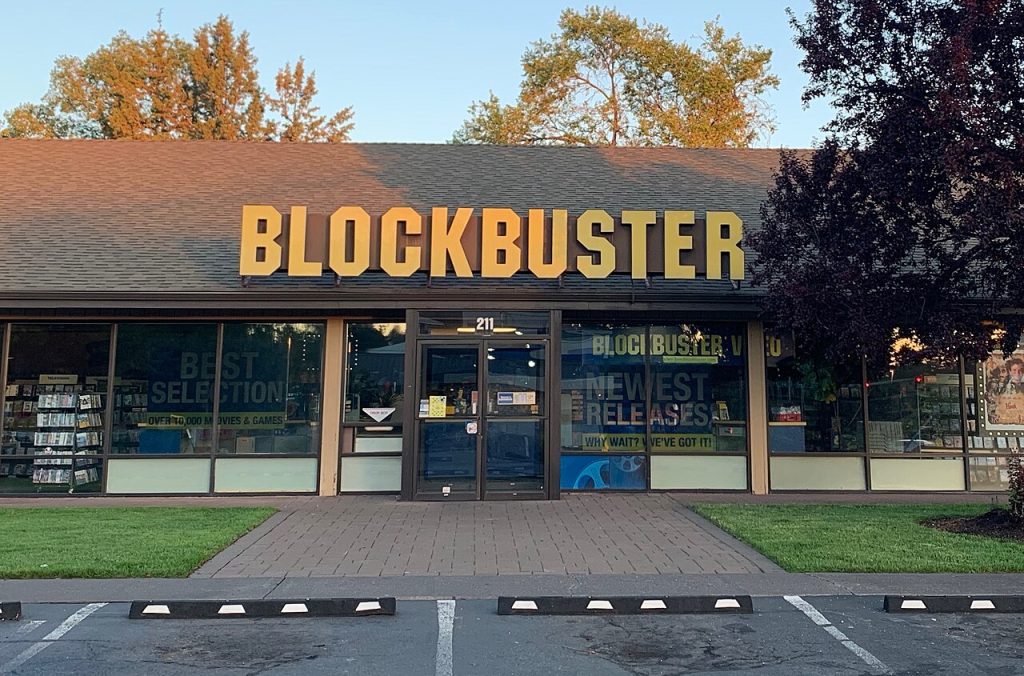
1. Video Stores
Friday nights used to mean a trip to the video store, like Blockbuster, where you’d browse through shelves of movies, read the backs of DVDs, and pick out something to watch. Streaming services like Netflix and Hulu have ended the need to leave home for a movie, changing the way we choose and enjoy films.

2. Magazines and Newspapers
Publications like Sports Illustrated and National Geographic were once crucial sources of information and inspiration. As news and entertainment content moved online, many iconic publications cut back, went digital, or closed, making printed issues rare. The tactile experience of flipping through pages is mostly a thing of the past.

3. Encyclopedias
Encyclopedias were once the backbone of home libraries, offering reliable, comprehensive information on countless topics. Now, digital platforms like Wikipedia and search engines provide easy access to information, making these heavy, multi-volume sets largely obsolete.
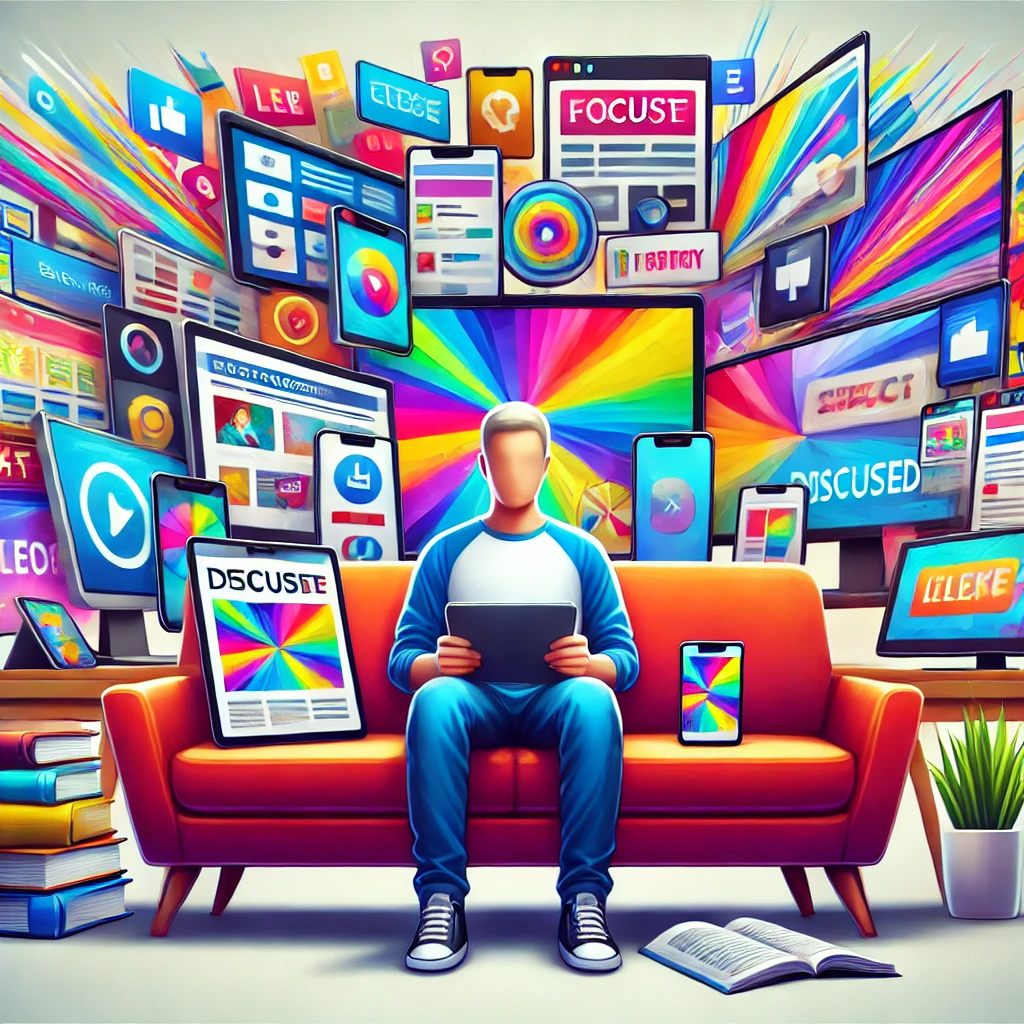
4. Attention Span
The internet has significantly impacted our ability to focus. With constant notifications, scrolling feeds, and unlimited entertainment options, the habit of focusing on a single task for long periods—like reading a book—has become challenging for many.
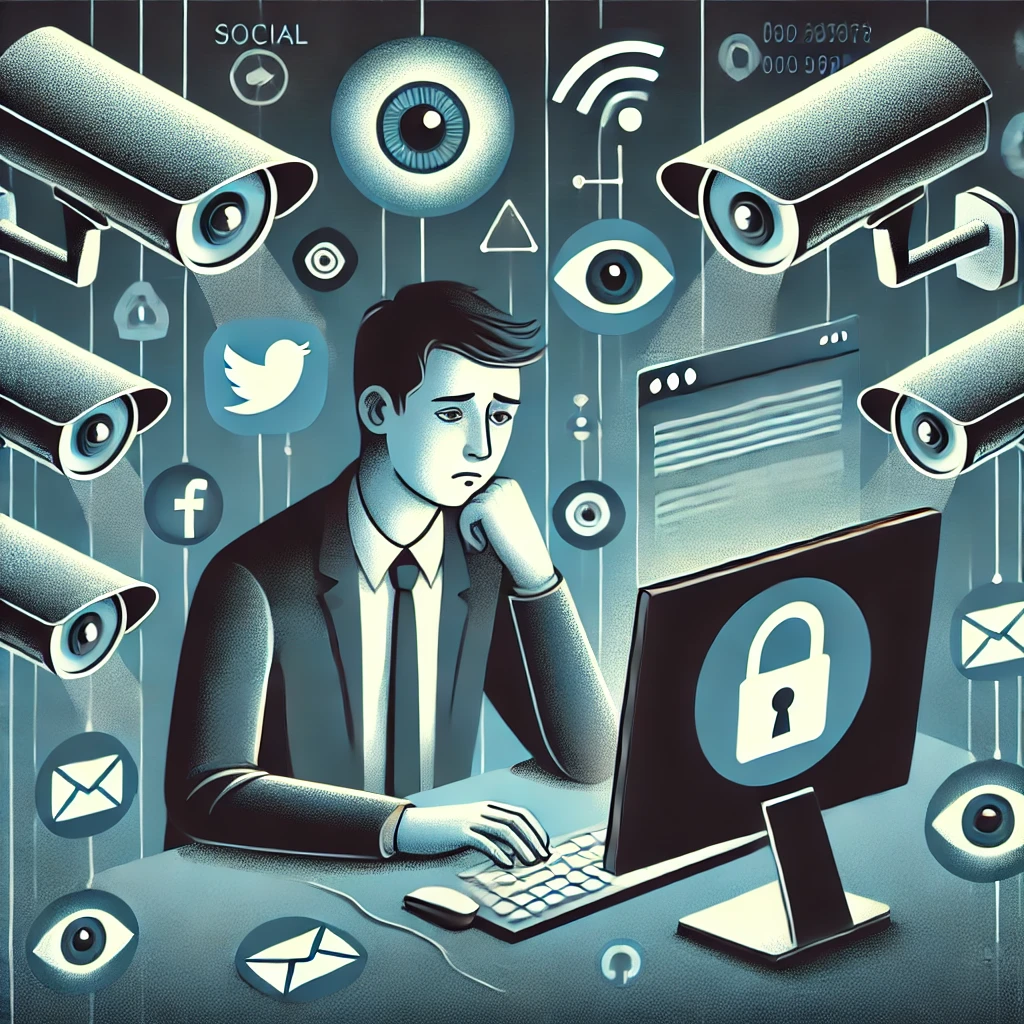
5. Privacy
The age of social media has brought about the decline of personal privacy. Younger generations are particularly open to sharing aspects of their lives online. As we install smart speakers, cameras, and tracking apps, maintaining true privacy has become nearly impossible.
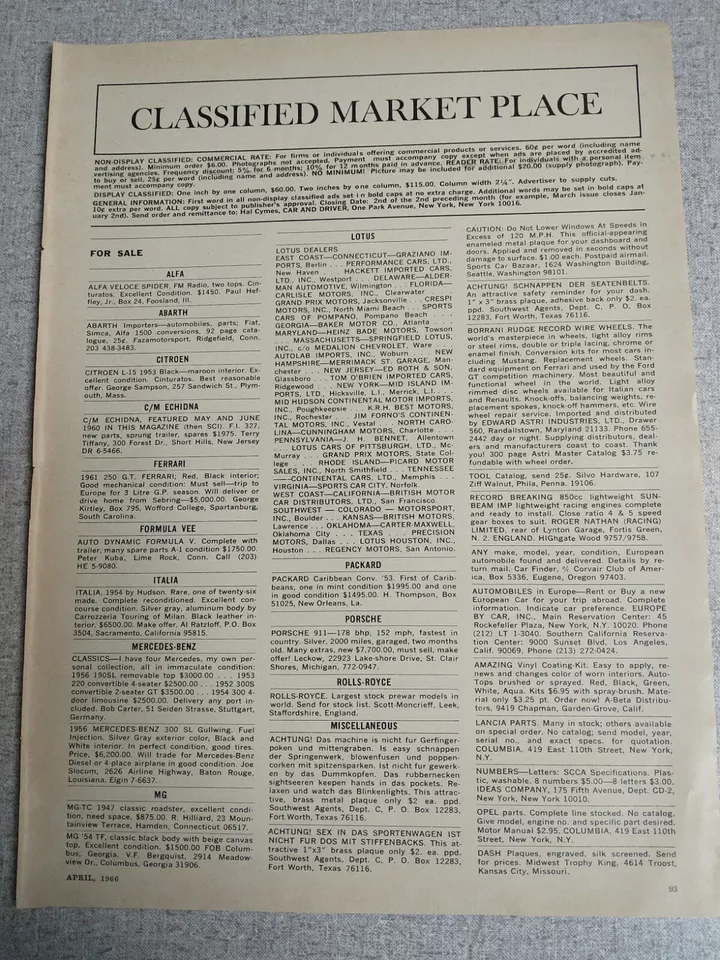
6. Classified Ads
Classified ads in newspapers and bulletin boards were the primary way to find jobs, apartments, and other services. Platforms like Craigslist and Facebook Marketplace have made it easy to search for what you need online, leading to the decline of newspaper classifieds and local bulletin boards.
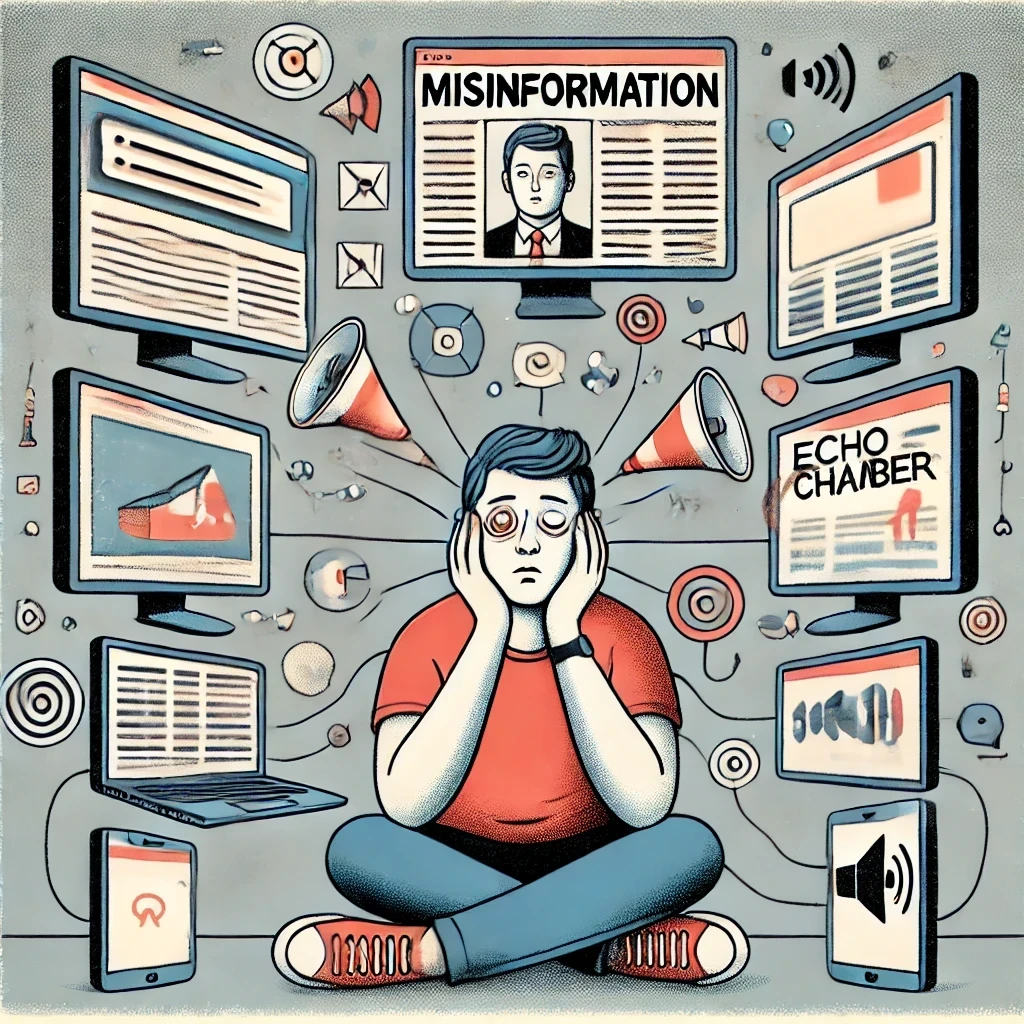
7. Rational and Critical Thinking
The internet provides everyone with a platform, but it also tends to reinforce existing beliefs. Social media algorithms feed us content that aligns with our views, creating echo chambers where critical thinking and open-minded discussions are rare.

8. Social Interaction
Before social media, people primarily connected with friends and family in person. Today, relationships often play out online, with fewer in-person social interactions. While digital connections have benefits, they’ve changed the nature of personal relationships in profound ways.
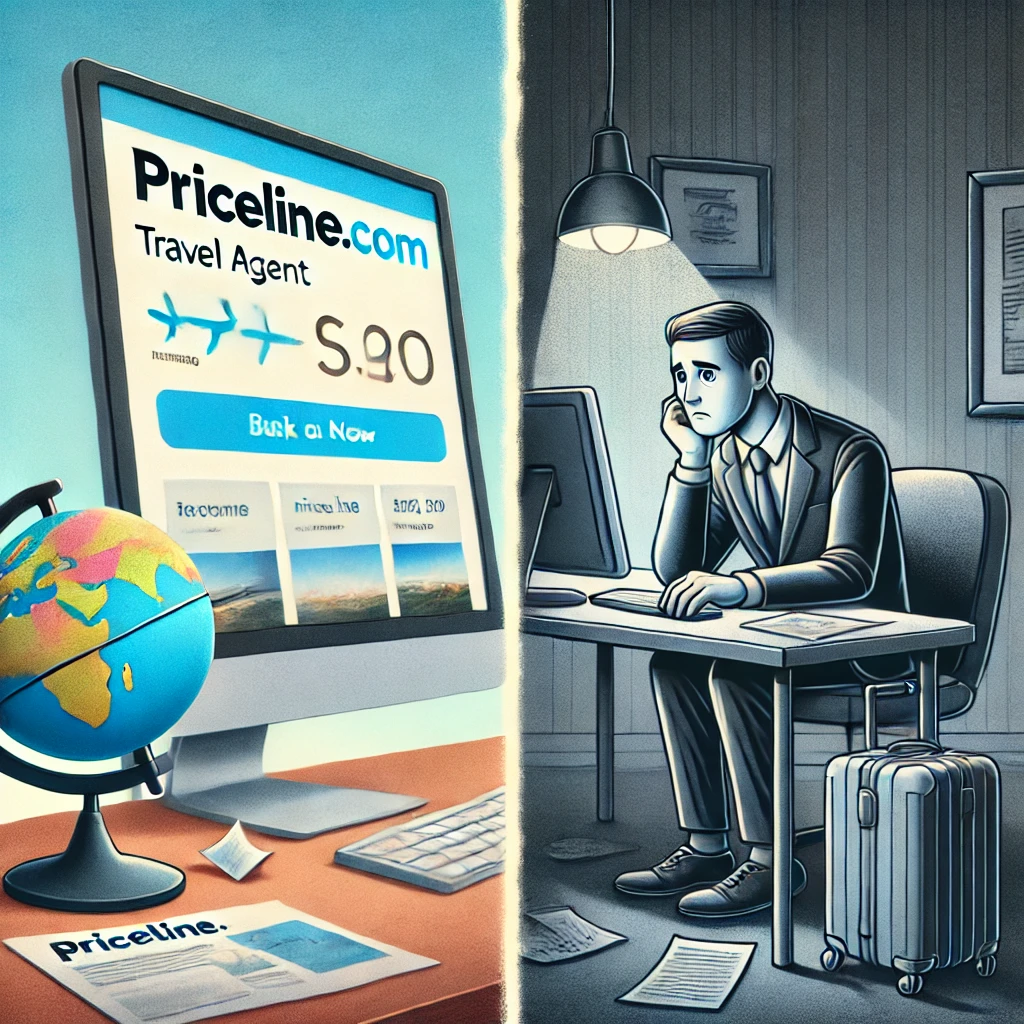
9. Travel Agents
Booking a vacation once meant calling or visiting a travel agent to plan flights, accommodations, and activities. Today, online platforms make planning easier, allowing travelers to book everything themselves. Though convenient, it has meant less personalized travel assistance.
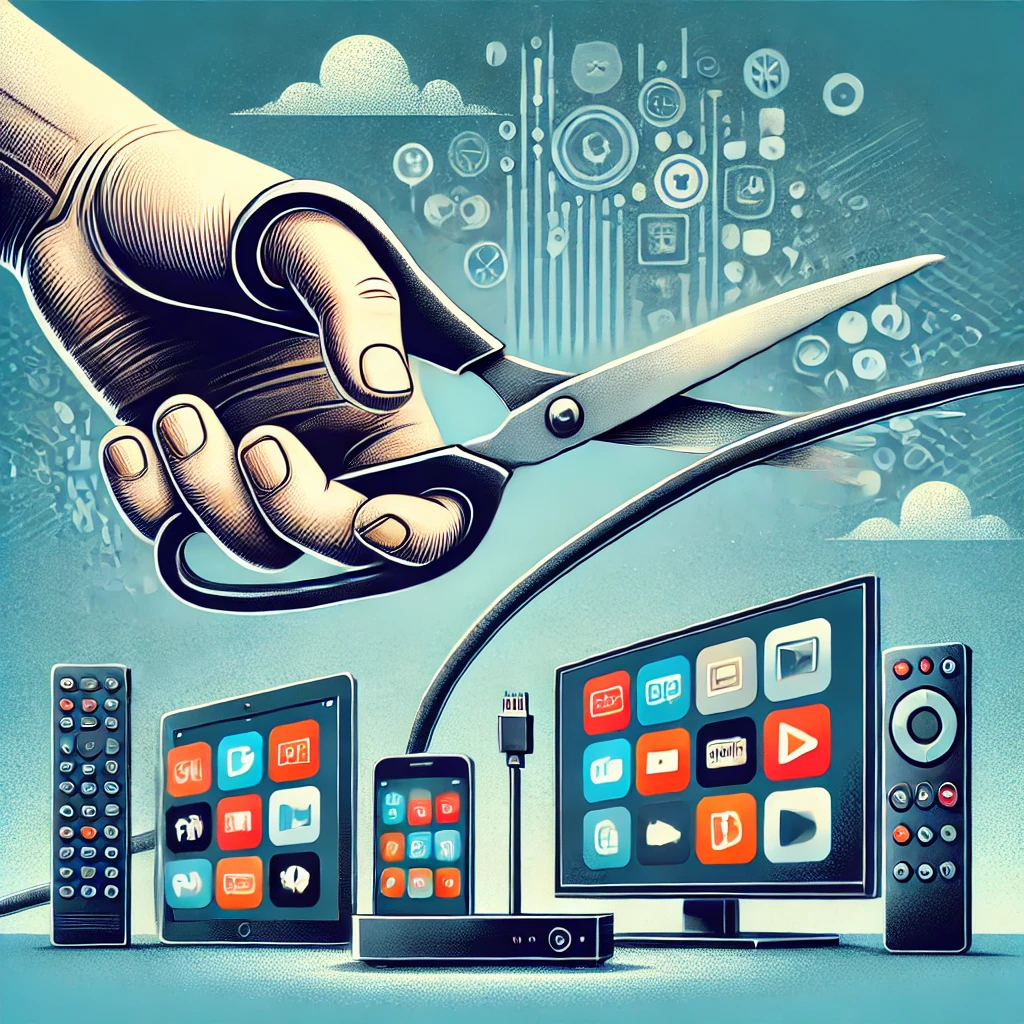
10. Cable TV’s Monopoly on Entertainment
Cable TV once had control over what we watched and when. Today, streaming services allow viewers to access a wide variety of shows and movies anytime they like, often ad-free, making cable’s dominance in home entertainment a thing of the past.
The internet has brought about incredible convenience, but it has also reshaped—or removed—parts of daily life. Looking forward, we might wonder what else will fade away and what parts of our current lives we’ll miss in the future.

